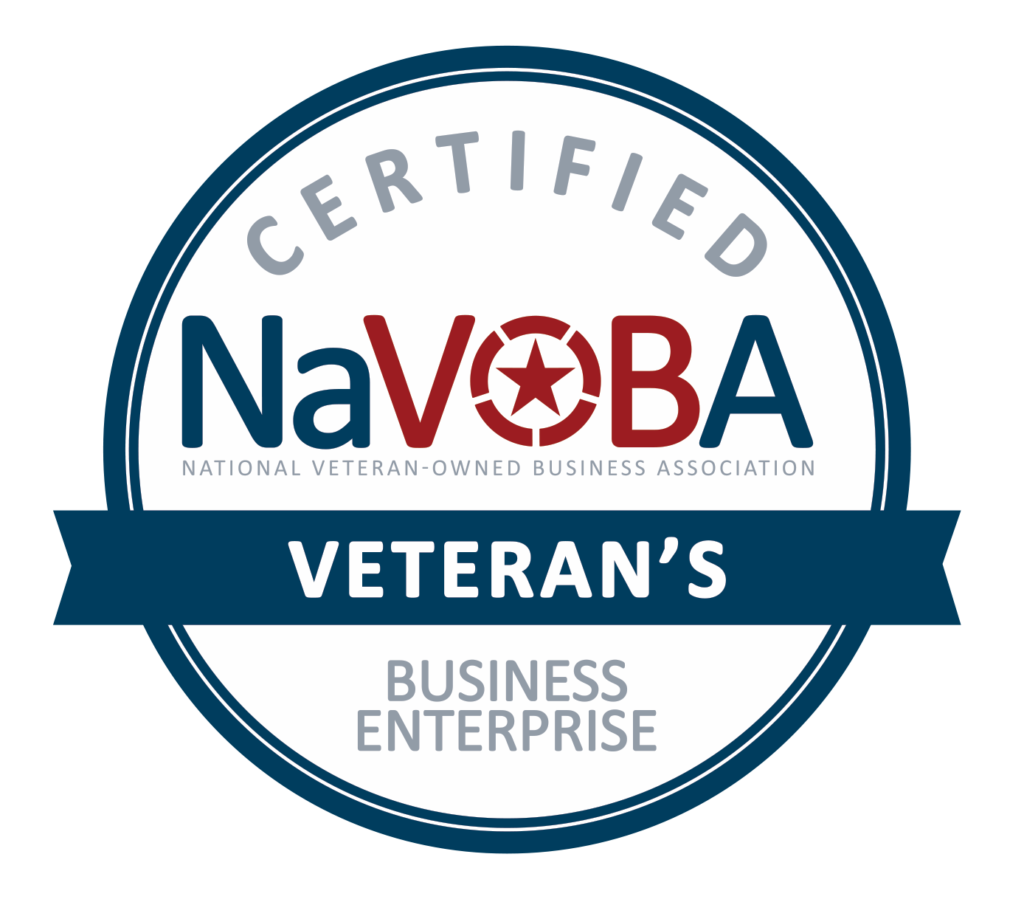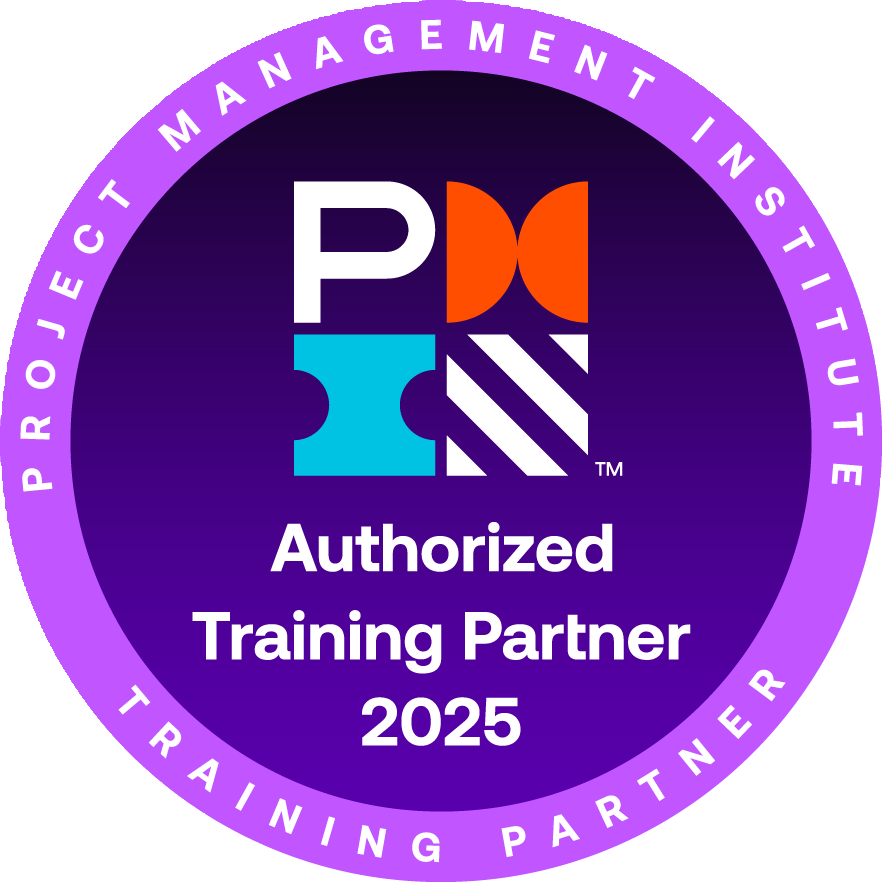
If you’re looking to become a Certified Project Manager (CPM), then you may be wondering if you need to take a PMP course before the exam. In this article, we’ll discuss what the PMP exam is, what the Project Management Institute (PMI) is, and what the requirements are for obtaining your PMP certification. We’ll also talk about the benefits of obtaining a PMP certification as well as the benefits of preparing for the exam.
What Is the PMP Exam?
Certified Project Managers are in demand now more than ever, without any end in sight. With more industries taking on project management as a part of their daily operations in fields ranging from software development to retail, understanding how to effectively manage those projects becomes all the more important.
Did you know that the median salary for project managers who are PMP Certified is 25% higher than those without the certification? That being said, the road to becoming PMP Certified is no cakewalk—in fact, 40% are likely to fail on their first try. Most put in an average of around 40 hours of study before they see success.
But if you are one of the 40% who takes the test and fails the first time, there is still hope—you will have up to three attempts over the course of the next year to try to pass it.
What Is the Project Management Institute (PMI)?
The Project Management Institute (PMI) is a professional network of project managers with an international scope. The goal of the PMI is to not only help businesses grow and perform their best, but to move their industry as a whole forward with better methodology, ideology, and practices. The PMI is a non-profit organization that aims to provide project managers with the tools they need to enhance their skills and stay abreast of industry changes and developments. As such, they are considered by many to be the watermark for successful project management—and typically include the three following approaches to strategy: predictive or waterfall project management, agile, and hybrid.
What Are the PMP Certification Requirements?
Not just anyone is eligible to take the PMP exam—in fact, there are certain prerequisite conditions. Requirements to be eligible for the exam include:
· 35 accumulated hours of project management education or training
· The completion of a 4-year college degree
· 36 months of experience leading projects
OR
· An associate’s degree
· A CAPM Certification or 35 hours of project management education
· 60 months of experience leading projects
Why Get a PMP Certification?
Besides the pay increase that comes with a PMP Certification, there are other perks to taking the time to become PMP certified. Benefits other than the 25% pay increase include the valuable skills you will attain as a result of the certification and the impact you will be able to deliver with those skills. Gaining new skills in the workplace not only makes you a more valuable asset to your company, but also provides you with more leverage and networking opportunities that may open up doors for you over the course of your developing career.
Why PMLG?
There are plenty of PMP preparation courses out there—so why would you choose PMLG? Garnering your 35 hours of study through an online course is one thing, but you’ll have to push a little harder if you want to be in that 60%. In the following section, we will detail why you should choose PMLG as your source for preparing for the PMP Exam—as well as some tips for performing well on the day of the exam!
PMI-Approved Expert Training Partners
PMLG values its ties to the Project Management Institute and is proud to present Sue Glaskey, PMLG’s Executive Program Director with over 30 years of project management under her belt. Sue has successfully coached thousands of aspiring CMPs with her project, program, and portfolio management skillset through experiential-based training in the form of her renowned “boot camp.” The curriculum for the PMP course covers helpful information and other means of exam preparedness, including:
· The study guide and handbook direct from PMI
· Memory exercises that can be practiced anywhere
· Practice exams and a wide array of question types
· A personalized study plan
· Free coaching from your instructor online or by telephone
· The PMLG Guarantee: If you take the exam within 30 days of the end of your last day with the program and you do not pass on the first attempt, at no additional charge, PMLG will provide further training so you may attempt the test again.
Experiential-Based Training
You could sit and stare at a computer screen, trying to will yourself to retain information over and over again…or you could opt for something a little more experiential like what’s offered through PMLG. The benefits of experiential-based learning are well-known throughout many higher-education institutions and include an increased ability to engage with the subject matter as well as higher rates of retention. To read more about the benefits of experiential learning, read our recent article on the topic!
Boosted Confidence, Boosted Competence
It’s no secret that the PMP Exam isn’t exactly a cakewalk. Why not give yourself every psychological advantage by preparing for it through rigorous study and PMI-approved coursework? Not only will you enjoy the advantages of practice tests and curriculum straight from PMI, but you will also enjoy the confidence boost and the associated psychological advantages on test day. To be a leader in your field, you must be both competent and decisive, which comes with more training and certification. Knowledge is power.
PMLG's Industry-Leading PMP Course
When it comes to prepping for your PMP Exam, it’s better to overprepare than under prepare. For example, it might sting a little bit if you put in 30 hours of effort only to fail on your first attempt, if statistically speaking five more hours of effort might have gotten you to success. While the path to passing the PMP Exam is not without its challenges, most agree the rewards are worth it—financially, professionally, and in terms of your personal skillset.
Want to take a PMP Course before your upcoming exam from one of the premiere leaders in the industry? Contact PMLG today or browse our course curriculum and start investing in your career!


